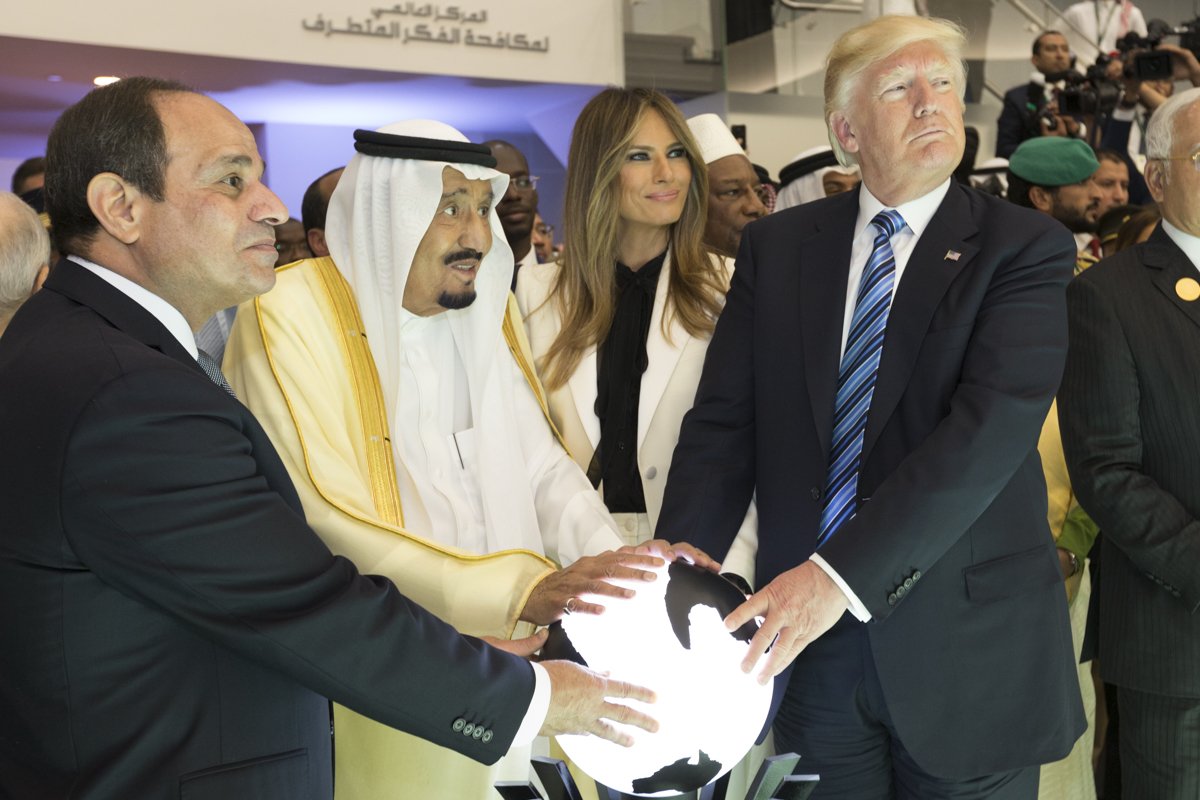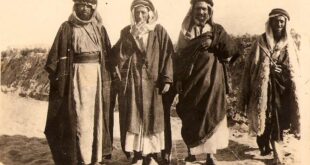Issue 25, winter/spring 2018
https://doi.org/10.70090/WAR18WWW
American diplomats responsible for public diplomacy working in the Middle East have always faced a number of challenges. Most arise from criticisms of U.S. policy; for example, the Arab-Israeli conflict, American intervention in Iraq, or the US posture toward the civil war in Syria. In today’s climate, such substantive criticisms continue, but American diplomats must now also contend with a number of operational constraints that are new, and arise because of the unique characteristics of the Trump administration. What defines this new era of American public diplomacy?
First, there is an unwritten code of conduct that American diplomats learn when they first enter the Foreign Service: They must always be truthful. They are not required nor expected to say everything they know, since they must keep the secrets Washington has entrusted them with. But they must not lie. This is not so much a moral obligation, but rather a pragmatic matter, since diplomats must build trust in order to effectively carry out their duties. Edward R. Murrow, who was President Kennedy’s Director of the now defunct U.S. Information Agency, put it this way: "To be persuasive we must be believable; to be believable we must be credible; to be credible we must be truthful. It is as simple as that."
Herein lies the problem for American diplomats today: People around the world know President Trump has been repeatedly caught telling lies. The American press reports those lies on an almost daily basis, and these reports circulate internationally. It is difficult for an American diplomat to persuade his interlocutors that he is telling the truth when the U.S. president lies on a regular basis.
The second operational problem is this: In carrying out the practice of public diplomacy abroad, American officials have found that foreigners often admire many aspects of the American political and social system, despite many harshly criticizing aspects of U.S. foreign policy. There has historically been widespread respect for U.S. science, technology, education, democracy, and the rule of law, as well as American institutions like our independent press and judiciary. But President Trump, for domestic political reasons, has repeatedly criticized a variety of American institutions. He regularly denounces most American media for what he calls “fake news.” He criticizes judges for rulings he doesn’t like. He accused U.S. intelligence agencies of not telling the truth. These attacks on US institutions create fresh problems for American diplomats trying to carry out their duties when the U.S. president himself tears down the reputation of some foundational institutions of American society.
A third problem that President Trump has created for U.S. diplomats is that he systematically undermines U.S. alliances, many of which his predecessors built up over years. Diplomats work hard to strengthen not only bilateral ties with other nations, but welcome multilateral international agreements that support American interests. President Trump has criticized NATO and the United Nations, despite the fact that the United States was a founding member of both institutions. He pulled America out of the Trans-Pacific Partnership and withdrew from the Paris Climate Accord, an agreement that was signed by 196 governments. Most American diplomats regret these actions and must now try to explain why the president took those steps.
Other steps Trump has taken cause special problems for US diplomats working in the Middle East. President Trump promised to tear up the nuclear agreement with Iran and has taken steps to undermine it. Most American diplomats regret that action as they believe it was an important achievement toward nuclear non-proliferation that should be encouraged. They were also pleased that President Obama’s Secretary of State John Kerry established excellent personal contacts with Iranian Foreign Minister Javed Zarif, after four decades of no direct US-Iranian official contacts, so they were disappointed that Trump’s Secretary of State Rex Tillerson broke off those contacts.
Moreover, for American diplomats in Muslim countries, the strong anti-Muslim signals the Trump administration sends out present an added challenge. Three of Trump’s senior advisors – Steve Bannon, Stephen Miller and Mike Flynn (neither Bannon nor Flynn remain in their advisory role) – openly expressed views specifically hostile to Muslims. The president himself has indicated similar views by issuing executive orders explicitly banning citizens from majority Muslims countries from entering the United States. American courts have ruled these orders unconstitutional because they target a religious group. Still, Trump continues to indicate his personal hostility to Muslims. He recently circulated tendentious anti-Muslim videos produced in the UK. All of these actions and statements by the president and his close advisors make it very difficult for American diplomats working with Muslim leaders abroad to explain American policy and argue that America is a tolerant nation that wants cooperation with the Muslim world.
Finally, American diplomats are troubled by the mixed signals coming out of Washington. In the past, American diplomats assumed that whatever the president said was policy. As U.S. officials, they counted on presidential words being official, and could be repeated with confidence to foreign officials and the public. But with the Trump administration, things are different. For example, when President Trump publicly cast doubt on the two-state solution to the Arab-Israeli conflict, UN Ambassador Nikki Haley insisted it was U.S. policy. When Secretary Tillerson said he was conducting diplomacy with North Korea, Trump said publicly that it was a waste of time. When Defense Secretary Jim Mattis expressed support for the Iran nuclear agreement, Trump repeated that he wanted to cancel it. In these and other instances, U.S. diplomats abroad had to ask Washington urgently what the “real” policy was. But since most senior positions at the State Department remain unfilled, they had difficulty obtaining reliable guidance.
The task of American public diplomacy officials is difficult enough in normal circumstances; in the undisciplined and chaotic environment that characterizes Trump administration, it has become much more so.
 Arab Media & Society The Arab Media Hub
Arab Media & Society The Arab Media Hub





